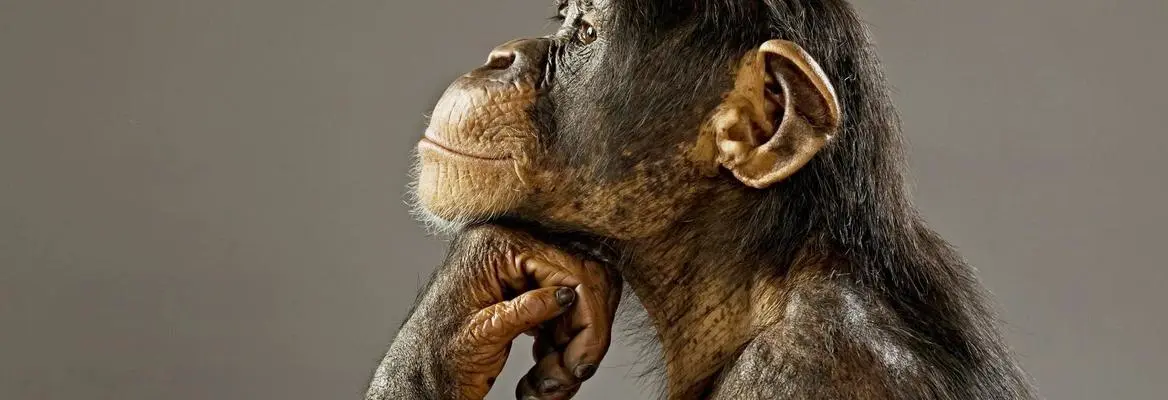Some have argued both from religious and from atheistic points of view that “good” and “evil” are nonsensical concepts. At least, they apply only to mythological beings like Satan or Lucifer, designed to personify abstract ideas – not to mortal creatures, whether human or otherwise. After all, the religious person could argue (and some have) that God is ultimately in charge of everything, including our thoughts and predilections, so if we do bad things, then the ball is ultimately in His court. It’s not our fault. So although we may behave in evil ways, we are not ourselves evil. On the other hand, some of those who reject the idea of God altogether also reject the idea that there can be any “objective” criterion of goodness or badness at all. As Hamlet put the matter, “there is nothing either good or bad but thinking makes it so”. “Evil” is usually taken to mean the epitome, the essence, of badness, but if badness is just an arbitrary notion, what does that mean?
Many more arguments could be brought to bear and, if we were so inclined, as some philosophers are, we could argue forever. For example, it seems pertinent to ask for starters whether good and evil really exist at all – but to do this we first have to establish what “exist” actually means in this context. Presumably good and evil don’t exist in the sense that Blackpool tower exists – or do they? Plato, after all, argued that everything worth talking about must have an objective existence somewhere, even if not on this material plane. Yet even if good and evil don’t have “objective” existence, they are useful ideas nonetheless. We could indeed go on to ask whether any of the things we care to think and talk about can really be pinned down – including the ideas of science. What, after all, is a species? What is a gene? What for that matter is an atom? All these terms are abstractions that capture some aspect of what we choose to think of as reality. To be sure, all of them seem to be more concrete than the idea of “evil” but all in the end, when you follow them through, prove elusive. All human understanding in the end is a story that we choose to tell ourselves and as Ludwig Wittgenstein said (more or less) the meanings of all the words that we use to tell our stories are a compromise between what the story-teller intends and what the listener chooses to interpret. The language is as slippery as the ideas it is intended to capture.



















Join the conversation